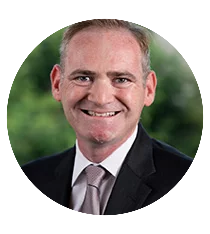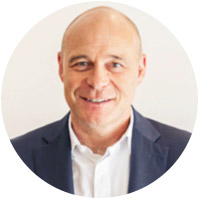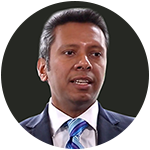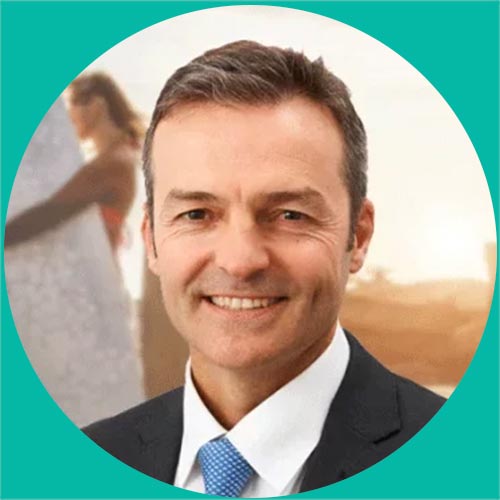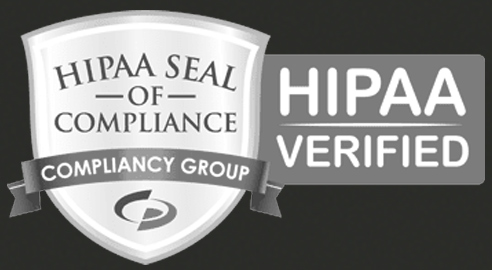Consistency is one of the most compelling principles of influence
“There is no expedient to which a man will resort to avoid the real labour of thinking. – Joshua Reynolds”
Building Commitment
We have a concept we use in training called “The Ladder of Agreement”.
The Ladder of Agreement suggests that it is far easier to build commitment over time than to wait for the last minute to ask for it. The Ladder of Agreement, in practice, means we are consistently getting the person we’re aiming to influence to agree, to say “yes”, to our propositions.
These propositions can be as subtle as telling them where to sit when we enter the presentation room, as benign as asking them permission to ask them questions about themselves, and as compelling as asking them if we can solve their problem within their budget and time frame.
This is a considerably more potent approach than droning on for 45 minutes and then at the last minute asking someone if they’re at all interested in what you’re talking about.
Why will this approach encourage the prospect to go ahead and choose our proposition?
Why does it work? It works because it leverages the principle of influence known as “consistency”. Consistency suggests that make a small decision will, more often than not, lead to a bigger decision as long as they are consistent.
Consistency helps when making big decisions
Here is an example:
A psychologist conducted a social experiment at a beach in New York wherein he staged thefts to see how bystanders would react. Would they step in and halt the crime, or would they witness it without intervening?
In the study, a research accomplice would lay their blanket out next to the random subject and lay out a number of valuables on it. Soon after, they leave their things and go for a walk.
Then another research accomplice would scoop up the valuables and hurriedly walk in the other direction. In these instances, only 20% of the subjects intervened in any way.
In the experimental case, the first research accomplish only changed one thing. They politely asked if the random subject would “watch their things” as they wandered off, to which all subjects agreed. Then when the second accomplice would attempt to steal the items, 95% of the subjects became virtual vigilantes, at times even physically preventing the “thief” from getting away with their crime.
The only difference?
The experimental group were driven by their consistency. This kind of experiment has been conducted in many ways at many times, and the results are as consistent as the subjects being studied.
Why does this happen?
One reason it happens is that subjects faced with an unexpected situation, most go into a state of behaviour paralysis as they ponder what to do.
The subjects that gave their agreement to watch the stranger’s things, took thinking out of the equation. By agreeing, they were to an extent preparing for the next big decision (to protect the valuables), and did so with less hesitation when the moment called.
Consistency is a shortcut in the overwhelming density of modern life. In a world where we’re called on to make so many decisions so often, people use consistency to make life easier.
“If I said I would do it, I’ll do it.”
Consistency is a program
It’s as if, by making a small decision, we don’t have to think hard about the issue anymore. We don’t have to weigh up the pros and cons, or put as much consideration into the consequences of our action. Instead, when faced with a decision, we just turn on our consistency program, and act in the manner in which we are programmed. It doesn’t matter what we say, think or do, as long as it’s consistent with our earlier, relatively minor, decision.
Circling back to the Ladder of Agreement, the more and the stronger agreements we can get along the way from the person we’re aiming to influence, the more likely they are to agree to their final action we want them to take. It’s not our skills of persuasion at play here, but rather our knowledge and application of the principle of consistency.
Related Posts
Meet our Co-Founders
We’re passionate about helping leaders of high-quality, growth-minded practice owners double their practice revenue
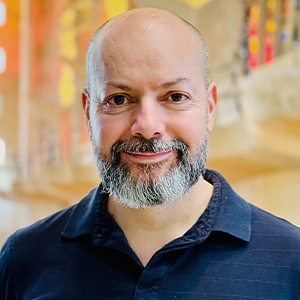
Rod Solar
Founder & Scalable Business Advisor
For over 20 years, I’ve helped ophthalmology entrepreneurs scale their private practices. I specialise in doubling revenue within three years by offering a proven framework, hands-on experience, and a team of experts who implement what works. We take the guesswork out of growth and scale, so you can focus on delivering exceptional patient care while maximising the value of your business.
LiveseySolar completely transformed the way we were approaching this… We’ve gone from having just the dream of having a practice to having a practice up and running with people making inquiries and booking for procedures… It’s extremely pleasing. We feel lucky we connected with LiveseySolar.
— Dr Matthew Russell, MBChB, FRANZCO, specialist ophthalmic surgeon and founder of VSON and OKKO

Laura Livesey
Founder & CEO
I’m the co-founder & CEO of LiveseySolar. I’ve developed powerful eye surgery marketing systems that increase patient volumes and profits for doctors, clinics, and hospitals, since 1997.
Rod and Laura know as much about marketing surgery to patients as I know about performing it. They are an expert in the field of laser eye surgery marketing. They know this industry inside out. I believe that they could help many companies in a variety of areas including marketing materials, sales training and marketing support for doctors.
— Prof. Dan Reinstein, MD MA FRSC DABO, founder of the London Vision Clinic, UK


